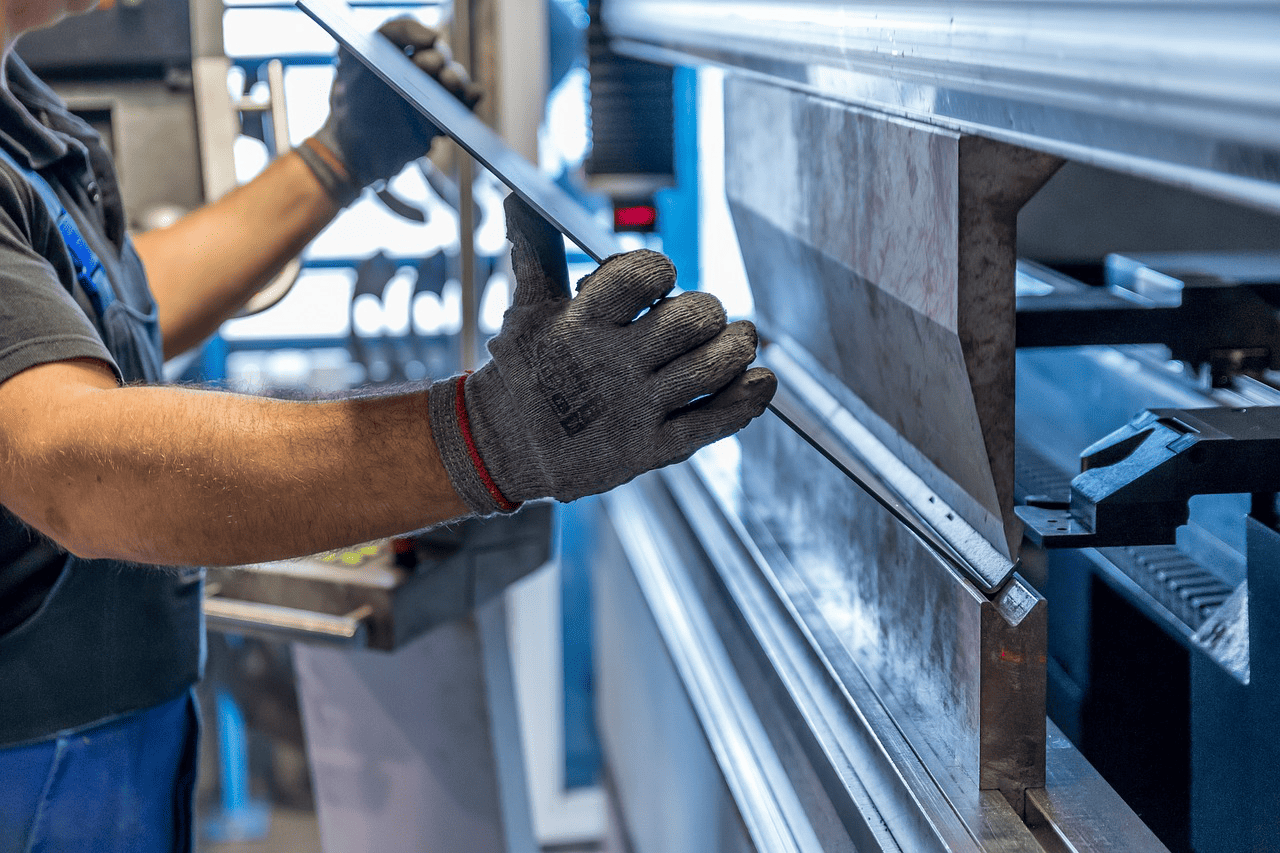
1. AGMAH
Bringing factories into the Industry 5.0 era with AI
The next industrial revolution is around the corner. Industry 5.0 is set to take manufacturing and production forward, with artificial intelligence (AI) stepping up to improve processes. AGMAH developed a toolbox that allows factory managers, engineers, and operators to collect data and set up operations to smoothen its introduction within production plants.
AGMAH is an AI software company concentrating on industrial automation solutions to make factories smarter, reduce downtimes, and increase revenues. Through its platform, users can customize and deploy their preferred solutions. The core of the system is the ‘Smart Supervisor,’ an AI-powered supervisory platform. Through it, users can design processes without the need for software coding skills and remotely control their machinery and robots. Then, there’s the proprietary hardware device, the ‘Smart Node’. It can be retrofitted into any machine without changing its existing programming, running the processes designed through the supervisory tool.
AGMAH wants to bring engineering back to factory engineers. Their goal is not to let factory engineers act as supervisors but to give them tools to get their hands dirty, and control processes more.

2. GrAI Matter Labs
Creating life-ready AI: artificial, still human
GrAI Matter Labs is at the very heart of where the hot stuff is happening right now. Artificial Intelligence, but with its own specific edge. “Life-Ready AI”, is what the company calls it. They deliver brain-inspired chips that behave like humans do. AI that makes devices assist humans to act and react in real-time. AI that personalizes the human experience while maximizing efficiency, saving time, money, and vital natural resources.
The Eindhoven, Silicon Valley, and Paris-based company aims to build a world where AI supports consumer electronics, robots, drones, autonomous vehicles, augmented reality glasses, surveillance cameras, among other things, to make us more productive.
Their ultimate goal is to design and market chips to benefit everyone from life-real artificial intelligence, because now only big tech companies benefit from AI.

This is an article from IO Next: The Year Of… For the last magazine of this year, we selected the articles that stuck with us the most, whether it was an impressive interview, an important story or just something funny.

3. KITRO
Tackling food waste with AI and a smart scale
According to the World Food Program, nearly a third of all food produced worldwide is lost before someone can consume it. This means that 1.3 billion tons of food yearly goes to waste. Whereas households throw away most of these goods, the problem also concerns the hospitality sector, where quality standards are higher and food that might still be edible lands in trash bins. Swiss start-up KITRO has found a solution using AI and image processing.
The company created a smart scale with a pole that scans what food is thrown away and how much the product costs. As a result, kitchens receive insights and detailed breakdowns of their food waste to take action and waste less food.
By measuring and analyzing food waste in a fully automated way, the start-up helps customers understand their inefficiencies. They can make data-driven decisions to optimize their work processes, menus, or production quantities accordingly. On average, customers can save more than thirty percent of their avoidable food waste after the first five months by using KITRO’s tool and support.

4. IOMED
AI to the rescue: structuring healthcare data for better outcomes
Hospitals have lots of data, but they barely use them. AI can help them in doing so, and improving patient care. Spanish startup IOMED offers hospitals and care centers the technology to structure their data with AI. Their technology combines different information inputs – from medical records to doctors’ notes – making this data usable. The company calls itself a “data activator,” partnering up with hospitals to make information consumable for several purposes, from research to service upgrades.
IOMED’s technology structures hospital data coming from the different information sources of a hospital. Think of clinical history, all the information from lab analysis, and even the notes a doctor writes down during a checkup. Its software allows converting these diverse streams into data points, the standard way for AI to process information.
The start-up implements active learning mechanisms for continuous improvement to keep models updated and performing optimally. The ability to read and interpret natural language – the doctor’s notes – sets the company apart.


